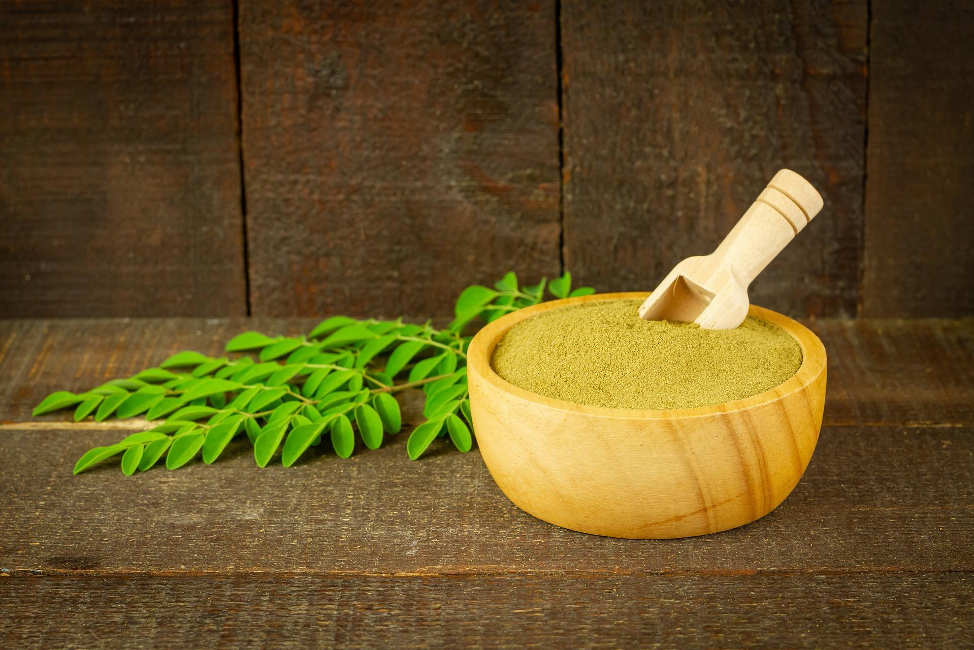Kratom is a herbal supplement that has gained popularity in recent years for its alleged benefits, including pain relief and relaxation. However, concerns have been raised about its potential impact on liver health. This article will explore the safety of Kratom for your liver.
How Kratom Affects Your Liver: Kratom contains alkaloids that can affect liver enzymes and cause liver damage in some individuals. How Kratom affects your liver and the potential risks associated with its use. Symptoms of Liver Damage: Liver damage can have serious consequences for your overall health. The signs and symptoms of liver damage and what to watch for if you are using Kratom. Factors That Affect Your Liver’s Response to Kratom: Not everyone who uses Kratom will experience liver damage. Do you know how hard is kratom on the liver? This section will explore the factors that can affect your liver’s response to Kratom, including dosage, duration of use, and individual sensitivity.
The Legal Status of Kratom: What You Need to Know
Kratom is a herbal supplement that has gained popularity for its alleged benefits, but its legal status is somewhat complicated. In some countries and states, Kratom is legal and widely available, while in others, it is illegal or heavily regulated. United States: In the United States, Kratom is not regulated by the Food and Drug Administration (FDA). However, the Drug Enforcement Administration (DEA) has listed Kratom as a “Drug of Concern,” which means it is being closely monitored. Several states have banned Kratom, while others have enacted regulations to control its sale and distribution. Europe: Kratom is illegal in some European countries, including Denmark, Latvia, Lithuania, Poland, Romania, and Sweden. In other countries, such as the United Kingdom, Kratom is legal but is subject to regulatory controls. Australia and New Zealand: Kratom is illegal in both Australia and New Zealand. Possession, sale, and distribution of Kratom can result in legal penalties.
How to Choose High-Quality Kratom
Kratom is a herbal supplement that has gained popularity in recent years, but with so many vendors and strains available, it can be difficult to choose high-quality Kratom. Here’s a guide for consumers to help you choose high-quality Kratom:
Choose a Reputable Vendor: One of the most critical factors in choosing high-quality Kratom is choosing a reputable vendor. Look for vendors who have positive customer reviews, lab test results, and a good reputation in the Kratom community. Avoid vendors who make exaggerated claims or sell low-quality Kratom. Do you know how hard is kratom on the liver? Look for Lab Test Results: High-quality Kratom should be lab-tested to ensure its purity, potency, and safety. Look for vendors who provide lab test results for their Kratom products. Lab test results should include information on the Kratom’s alkaloid content, heavy metal levels, and other contaminants.
Check the Strain and Origin: Kratom is available in various strains, each with different effects and alkaloid profiles. When choosing high-quality Kratom, check the strain and origin of the product. The best Kratom strains are sourced from mature trees, harvested at the right time, and dried and processed correctly.











